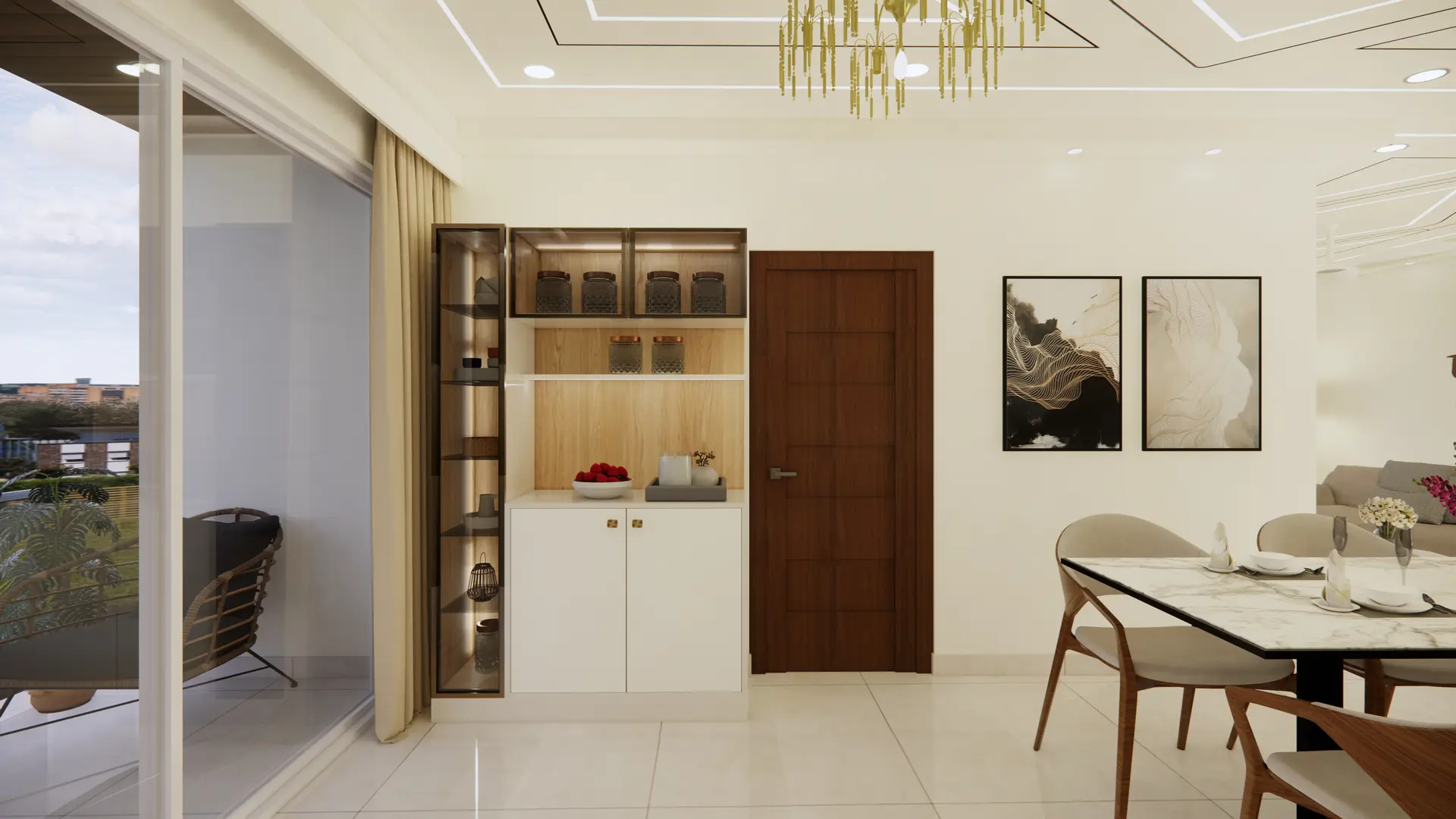Designing a home office that promotes productivity is crucial for those who work from home or run a business from their residence. Here are some design ideas for a productive workspace:
Choose the right location:
Finding the right location for your home office is critical. Look for a space that is free from distractions, has good lighting, and is large enough to accommodate your desk, chair, and other essential office equipment. You want a location that provides a comfortable and productive working environment.
Get a comfortable chair:
Since you’ll be spending a considerable amount of time sitting at your desk, it’s essential to have a comfortable chair that supports your back, neck, and arms. An ergonomic chair that adjusts to your body’s shape and movements can help prevent fatigue, reduce back pain, and improve your posture.
Optimize lighting:
Proper lighting is crucial for any workspace. Try to position your desk near a window that provides natural light during the day. If natural light isn’t available, invest in a good desk lamp that provides adequate illumination without causing eye strain or headaches.
Declutter:
A cluttered workspace can be distracting and make it challenging to focus. Keep your workspace tidy and organized by getting rid of unnecessary items and using shelves, storage bins, and cabinets to store your files, books, and other office essentials.
Add greenery:
Plants can help improve the air quality in your workspace, reduce stress, and boost your mood. Consider adding a few plants to your home office to create a refreshing and calming atmosphere.
Personalize your space:
Personalizing your workspace with artwork, photos, or other items that inspire you can help create a comfortable and motivating environment. It can also help reduce stress and increase creativity.
Invest in technology:
Having the right technology is crucial for getting your work done efficiently. Make sure you have a reliable computer, printer, and high-speed internet connection to help you stay productive and avoid technical glitches.
Soundproof your space:
If you live in a noisy environment, soundproofing your home office can help reduce distractions and improve concentration. You can add sound-absorbing panels, acoustic foam, or rugs to help absorb sound and create a quieter workspace.
By following these design ideas, you can create a home office that is both functional and aesthetically pleasing, promoting productivity and helping you achieve your professional goals.

